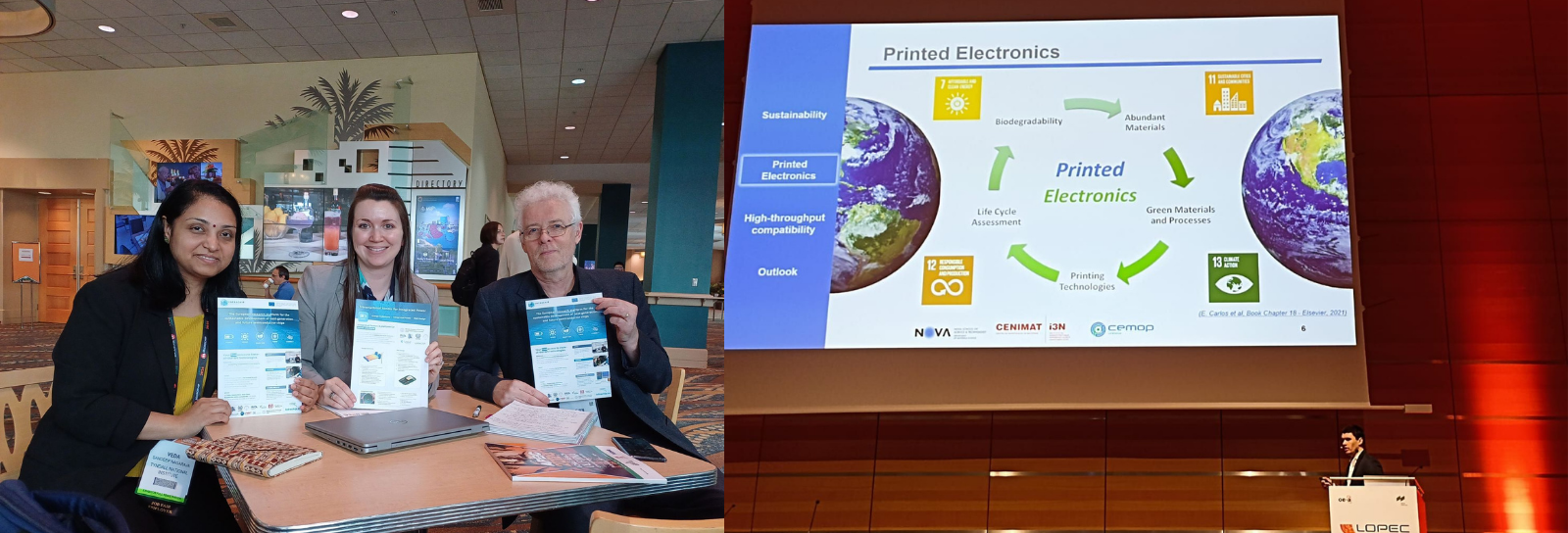INFRACHIP, the European research platform for the sustainable development of next-generation and future semiconductor chips, is now running and awaiting your applications!
After a kick-off event at Tyndall in Cork, Ireland, in February, INFRACHIP is now (almost) ready to give you access at no cost to State-of-the-Art technology platforms to nurture innovation and advance your projects. Applications will open next month.
INFRACHIP is open to industries, SMEs, researchers, academicians, PhD scholars…And offers a wide range of technologies, accessible at no cost (EU funded).
The project also enables you to visit the access provider.
We are glad to provide new opportunities to enable your research and development activities in:
• Energy autonomy, Power electronics, PMU design
• Advanced sensing, Stretchable and flexible sensors, Photonic sensing
• Quantum and spin device engineering, Component for neuromorphic computing,
• RF components, RF front-end design, Short-range optical communication
• Green Electronics & Substrates, Green Sensors, Hybrid SiP/SoC
How does it work exactly? We defined three main steps for applications, to ensure simplicity and efficiency.
Apply – First, one should apply by filling out the application form on the website.
Access – This will open the discussions with the interface team, helping you to determine the best solution for your project and research and get access either remotely or physically, to do the work.
Communicate – As a last part, we hope you publish your results, thus acknowledging INFRACHIP. Beside this, we hope we can count on you to give some feedback on your experience with INFRACHIP, and tell your colleagues about it!
We invite you to check our technologies tab which will be online in the coming weeks and further complemented with additional offers!
If you have any question, please, contact us. Our interface team is here to help!
![]()
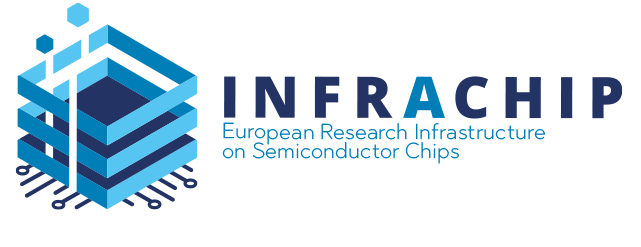

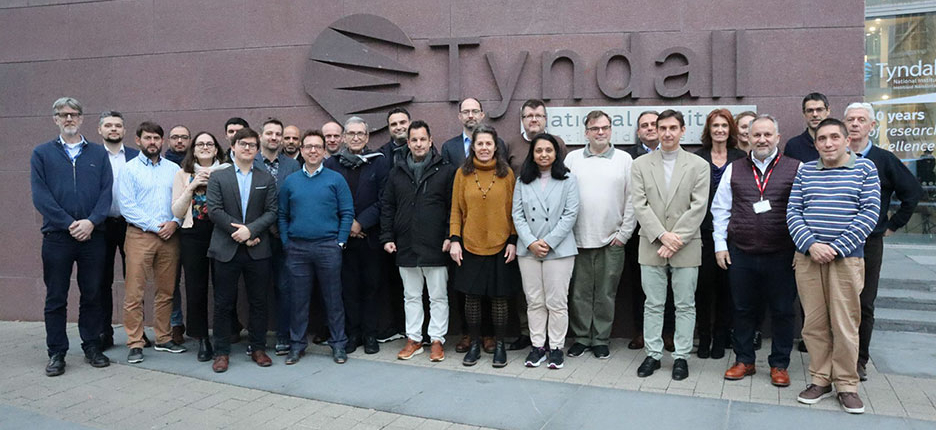
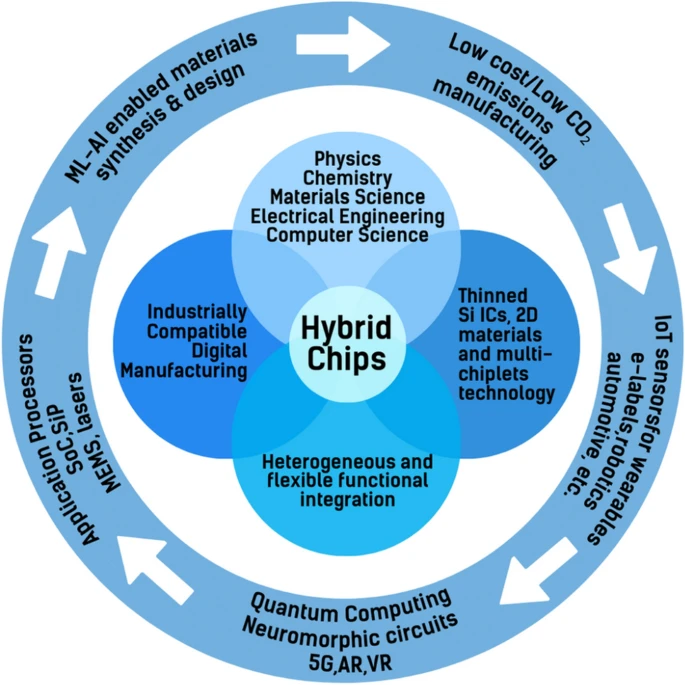 How to favour the development of emerging electronic components and systems within the IoT era? A recent publication “Hybrid chips to enable a sustainable internet of things technology: opportunities and challenges” (Rogdakis, K., Psaltakis, G., Fagas, G. et al.) discusses the current chips landscape and perspectives brought by and for hybrid chips.
How to favour the development of emerging electronic components and systems within the IoT era? A recent publication “Hybrid chips to enable a sustainable internet of things technology: opportunities and challenges” (Rogdakis, K., Psaltakis, G., Fagas, G. et al.) discusses the current chips landscape and perspectives brought by and for hybrid chips.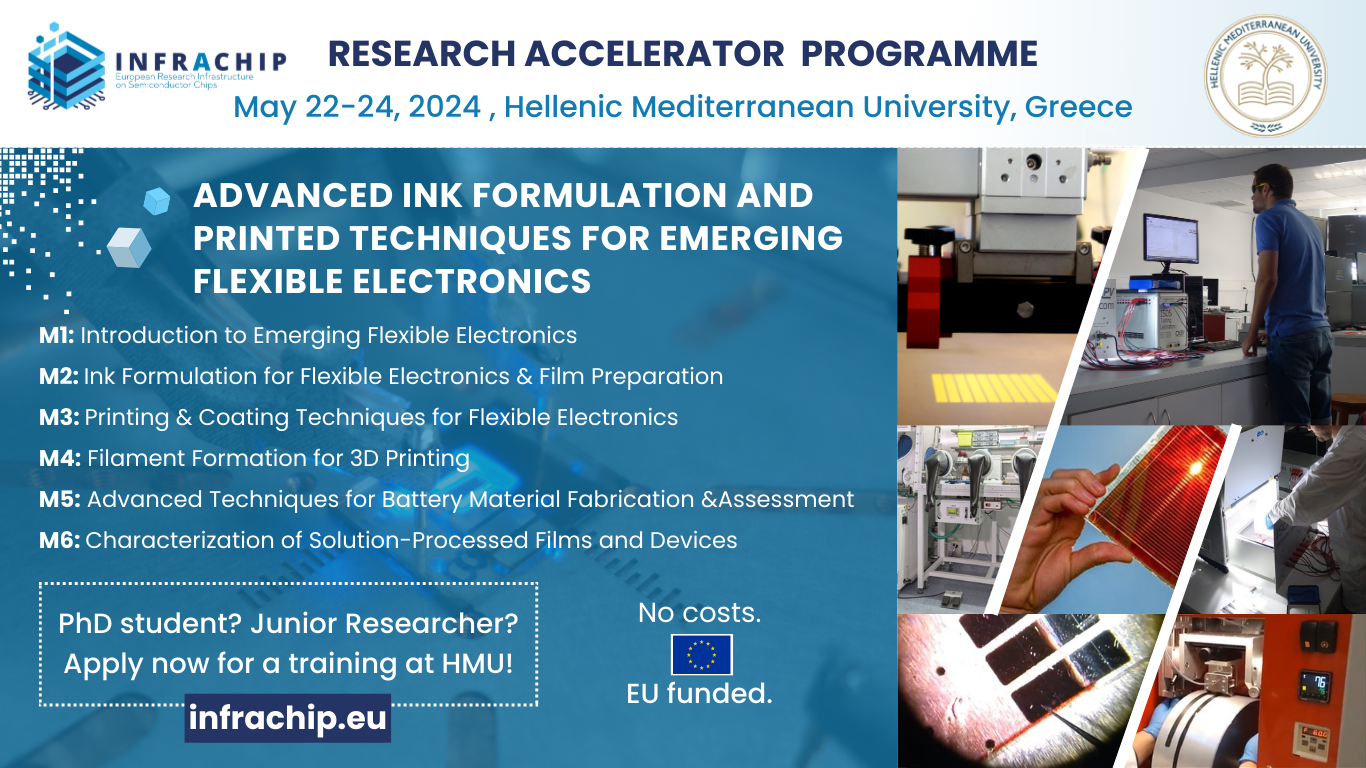 Are you a PhD student, or a junior researcher who completed a PhD less than two years ago? Are you eager to develop your knowledge and discover new technologies?
Are you a PhD student, or a junior researcher who completed a PhD less than two years ago? Are you eager to develop your knowledge and discover new technologies?